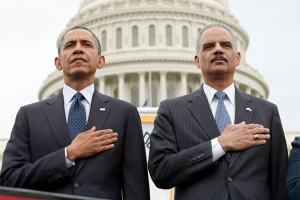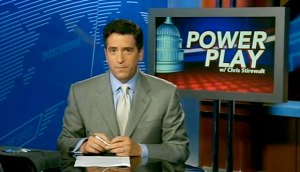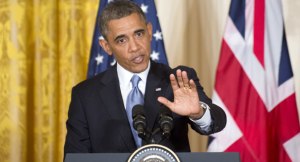 We now know, that the U.S. Attorney General, Eric Holder, personally signed a warrant, to investigate James Rosen, a Fox News reporter, for his role in leaks from a mid-level State Department official, Stephen Kim, that involved a sensitive source in North Korea, Sarah Chayes can write about the frustrations of over-classification.
We now know, that the U.S. Attorney General, Eric Holder, personally signed a warrant, to investigate James Rosen, a Fox News reporter, for his role in leaks from a mid-level State Department official, Stephen Kim, that involved a sensitive source in North Korea, Sarah Chayes can write about the frustrations of over-classification.
I was always stunned to hear reporters ask me — as they did half a dozen times when I worked at the Pentagon — to show them some classified document or other. They’d just pop the question blithely, unfazed, without an apparent thought for the implications. My incredulous retort would usually reap an only half-sheepish answer: “Well, I had to ask.”
Countless national security officials have had some version of this conversation – including the State Department security adviser that Fox News correspondent James Rosen allegedly plumbed for information on North Korea. Rosen wrote in an e-mail that he’d “love to see some internal State Department analyses.”
I’ve served on both sides of the line, as an NPR reporter and a Defense Department official, and it’s from that split perspective that I’ve been observing the furor over the seizure of journalists’ telephone and e-mail records in Justice Department investigations of national security leaks. Especially troubling to some reporters and pundits is a search warrant application suggesting that Rosen was “an aider and abettor and/or co-conspirator” with his source. Commentators have decried the Justice Department for criminalizing journalism itself.
The value to democracy of a courageous and unfettered press poking into back corners that agencies would rather keep hidden is incontrovertible. But I find myself wondering why journalists shouldn’t shoulder some responsibility for transgressions they often goad their sources to commit.
(…)
Continue reading


